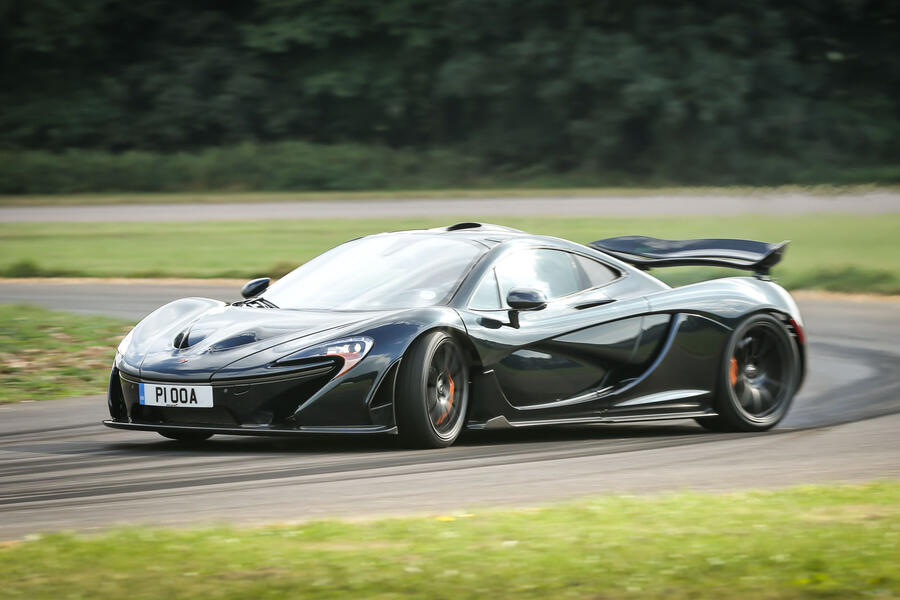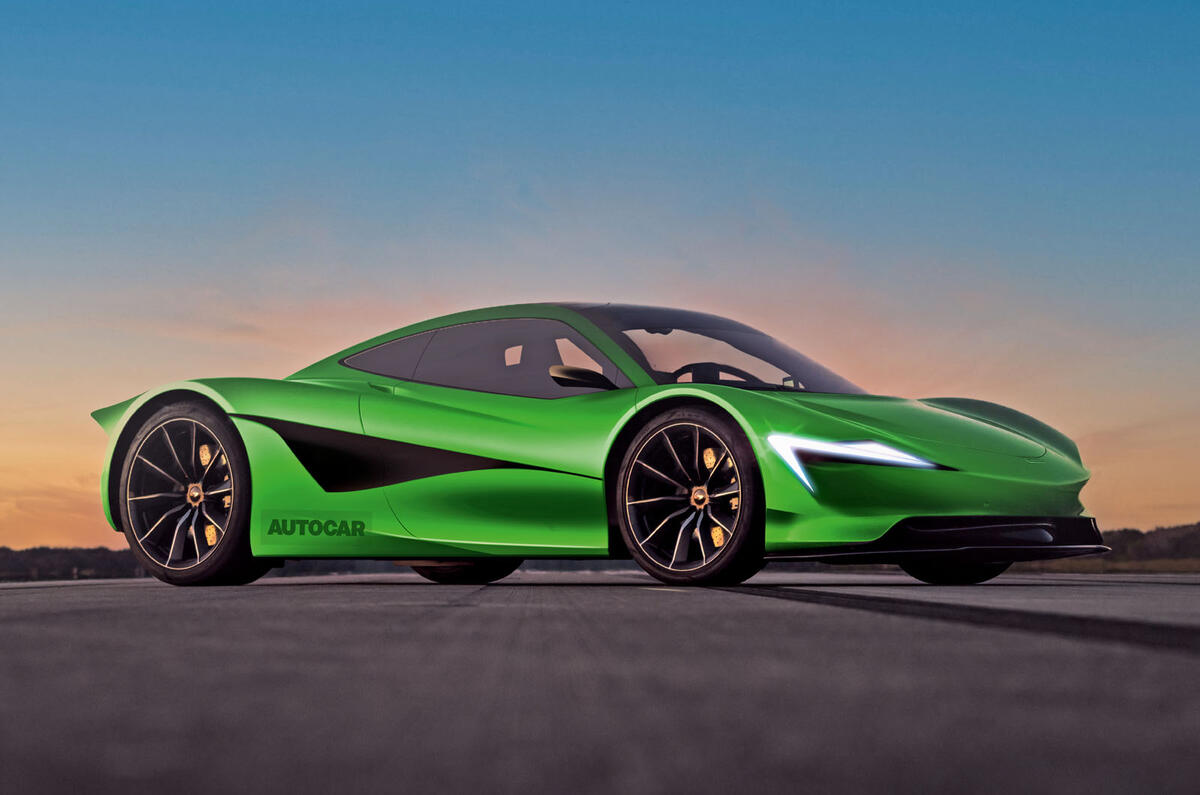The long-awaited successor to the McLaren P1 is set to use electric power when it launches at the end of the decade.
Since the P1 was launched in 2012, the firm has frequently said through various different managements that there would need to be a step-change in technology for a successor to follow. McLaren has launched several hypercars since the P1, including the Senna, Speedtail, Elva and Solus GT, but none has been in the same lineage as the 1992 F1 and P1.
However, developments now, and ongoing over the rest of the decade, in battery-electric drivetrains make such a model more likely than it has ever been.
When asked if a model at the very top of the McLaren range was in the works to rival the likes of the all-electric Porsche Mission X, Porsche’s own successor to the P1-rivalling 918 Spyder, company boss Michael Leiters said: “We’re quite busy, yes.” Leiters detailed EVs as one of three pillars of powertrain development for McLaren, alongside internal combustion engines and hybrids, which will grow over the next five years to make up 90% of McLaren sales by that point.

As it stands, Leiters said the firm was “not sure” on electric supercars.
“The main reason for that is weight. We don’t want to make a car that is 2000kg and 2000hp – anybody can do that. That’s not in the DNA of McLaren.
"We want to make a car that is comparable to the 750 weight-wise; we don’t need 2000hp. We’re working on concepts for that, we’re exploring that and we have really exciting ideas around that. But it has to outperform what we do on an ICE.”
‘Outperform’ refers to not only the pure power output or performance figures but also the way the car handles and its agility. McLaren also expects a technology change for EVs not only in their capabilities but also in their ability to be exciting to drive and to fit within the brand’s DNA.
Leiters expected such an electric car to be ready “maybe at the end of the decade”. On the positioning of what that electric car would be – hypercar or supercar – Leiters said: “In general, I think the best way to introduce a new technology is top down.” That hints at potential for any innovative lightweighting measures and battery hardware to trickle down into the Woking firm’s more ‘mainstream’ line-up.
![]()








Join the debate
Add your comment
Really excited to see what the genius engineers at McLaren deliver. F1, P1, Senna, Speedtail... you just know it's going to be EPIC.
He took a good dig at the Lotus Evija.
Most owners aren't interested i how far, most it's how fast, and, you won't ever see a high mileage one,yes cars like this are amazing but really in the real world they are not practical.
I fail to see how an electric hypercar is any less practical than an ICE one.
Secondly he was obviously, and perhaps righteously taking a dig at the Lotus Ejima.